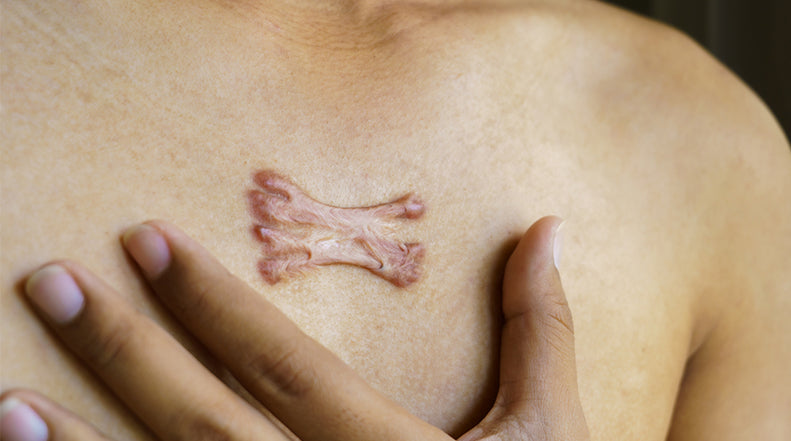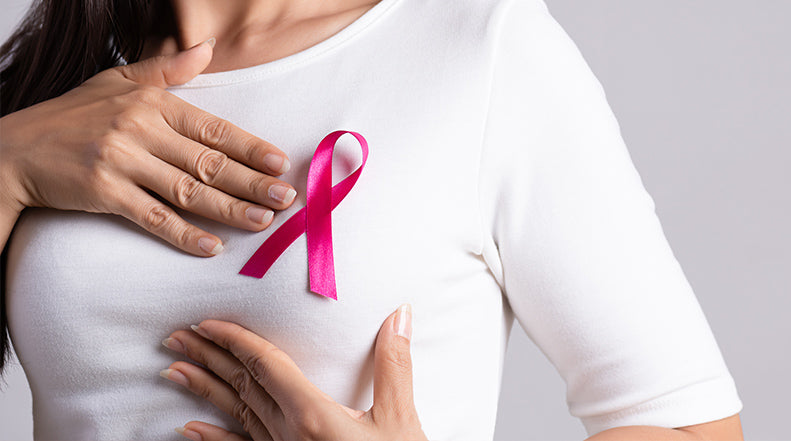Breastfeeding 101

Breastfeeding is a healthy and natural way to feed your newborn baby, providing all of the nutrition your baby needs, satisfying both their hunger and thirst. It also promotes a loving bond between mommy and baby. Breast milk helps to develop the eyes and brain and other body systems, helps the baby resist infection and disease, reduces the risk of obesity in childhood and later in life, and protects your baby while their immune system is still developing. Breastfeeding assists with jaw development, too.
BREASTFEEDING BENEFITS MOTHER AND CHILD
Breastfeeding benefits the baby, but it also benefits the mother. It is convenient, inexpensive, and always available. It also reduces the risk of hemorrhage immediately after delivery, reduces your risk of breast and ovarian cancer, soothes your baby and prolongs the time before you get your period again.
Typically babies are able to start breastfeeding within the first hour after birth. The first milk is known as the colostrum and has a thick consistency and yellowish color. The colostrum is rich in protein and antibodies that will make a great first meal for your new baby. New breast milk will slowly start to replace the colostrum within the first few days.
POSITIONING AND ATTACHMENT
You should try to maintain close skin-to-skin contact with your baby as soon as they are born if advised. When you hold your baby against your chest and between your breasts for a while, they should be able to find your nipple and begin feeding without any help. If not, ask your midwife or nurse for assistance.
Positioning and attachment is going to make for a successful breastfeeding experience. If your baby has a solid attachment to your breast, you can help to avoid some of the negative side effects of breastfeeding like cracked nipples, and your baby will get the milk out easily.
Here are some of the tips and tricks you can use to get your baby in the best position to breastfeed successfully;
- Sit comfortably with your back and feet supported – you can be fully upright or you might prefer to be laying back a little bit.
- Unwrap your baby and hold him or her close against you.
- Turn your baby on his or her side so they are wrapped around you with their nose level with your nipple.
- Make sure you support your baby’s neck and shoulders with your hand, but don’t hold your baby’s head – allow him or her to find the best position for attaching to your breast.
- Bring your baby to your breast, not your breast to your baby.
- Gently brush your baby’s mouth with the underside of your areola – this will usually cause your baby to open their mouth very wide.
- When your baby opens their mouth, bring him or her quickly to your breast so they take a good mouthful of breast tissue.
- As you bring your baby to your breast it can help to hold your breast like you would a sandwich, with your nipple aimed at the roof of your baby’s mouth.
Here are the signs that your baby is successfully attached to your breast;
- Your baby’s chin should be tucked into your breast, and his or her mouth should be wide open with the bottom lip curled back.
- Your baby’s nose will be clear or only just be touching your breast.
- More of your areola will be visible above your baby’s top lip than below it.
- Your baby’s cheeks should not be sucking in and there should be no clicking noise during sucking.
- There should be no nipple pain – but you might feel a stretching sensation as your nipple adjusts to breastfeeding.
MILK SUPPLY
In the first week of your baby’s life they will start to develop a feeding pattern. A typical newborn will feed about eight to twelve times in a 24-hour period. This is just a typical feeding pattern and you should always feed your baby if they are displaying signs of hunger. You will know your baby is getting enough breast milk if he or she:
- is feeding at least 8 times a day (with some of those feeds occurring overnight)
- has at least 5 wet disposable nappies or 6 to 8 wet cloth nappies per day
- has 2 or more soft or runny bowel movements per day for around the first 6 weeks of life (babies have fewer bowel movements once they reach about 6 weeks)
- is gaining weight and growing as expected
- is alert when awake, and reasonably contented
If you are unable to supply your baby with enough breast milk, don’t feel bad or like a failure. This can happen sometimes even when you are doing everything right. If you are unable to produce enough breast milk just know that you are able to supplement with formula if need be.




Comments